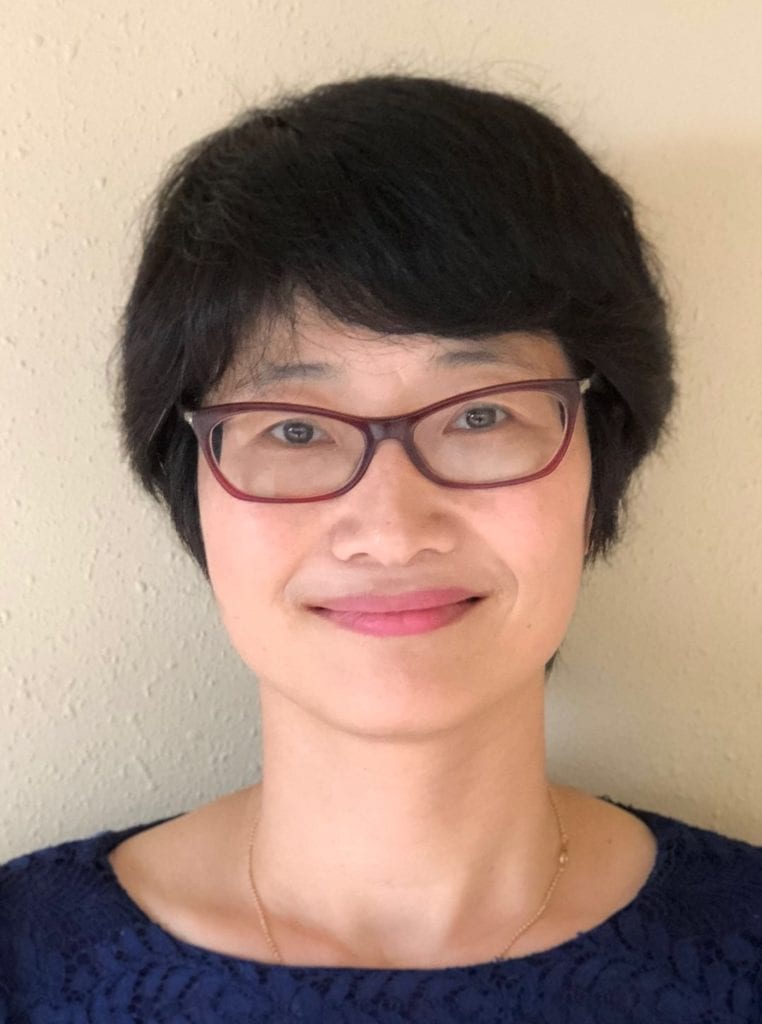
By Professor Ying Tan, University of Melbourne, Australia
This talk first presents a computational human model system (HMS), which is developed to capture the learning capacity of a human subject in adapting his or her movements in the presence of novel dynamics when the explicit feedback is used. Such an explicit learning mechanism can be modelled by various iterative learning control (ILC) algorithms, which are able to characterize human learning behaviours through repetitive processes. The ILC can perform the adaptation based on a set of experimental data captured from the natural behaviour of the individual of interest. The resulting computational model is experimentally validated. Such a technique yields the capability of subject specific modelling of the motor function, as is required for prediction of individual behaviour in physical rehabilitation. The second part of this talk will present our recent work, which aims to induce a motor adaption in an experimental setup solely relying on the effort without any explicit error feedback. That is, the subjects have neither instruction nor indication regarding the preferred movement, suggesting that healthy subjects can adapt their movements unconsciously. The results demonstrate the feasibility of inducing motor adaptation by some interventions without explicit error feedback nor instruction. Our future work will explore how to utilize both explicit learning and implicit learning strategies in control design and synthesise of rehabilitation robotic systems in rehabilitation processes.
Biography:
Ying Tan is a full professor at the Department of Mechanical Engineering (DEEE) at The University of Melbourne, Australia. She received her bachelor’s degree from Tianjin University, China, in 1995, and her PhD from the National University of Singapore in 2002. She joined McMaster University in 2002 as a postdoctoral fellow in the Department of Chemical Engineering. Since 2004, she has been with the University of Melbourne. She was awarded an Australian Postdoctoral Fellow (2006-2008) and a Future Fellow (2009-2013) by the Australian Research Council. Her research interests are in data-driven optimization, sampled-data distributed systems, rehabilitation robotic systems, and human-robot interfaces.